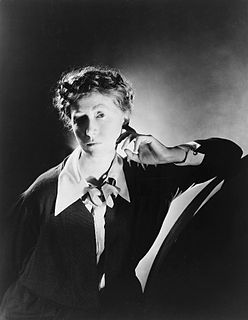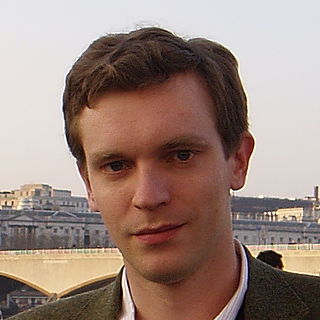A Quote by Friedrich Nietzsche
The spirit of the poet craves spectators... even if only buffaloes.
Quote Topics
Related Quotes
It has been observed before that images, however beautiful, though faithfully copied from nature, and as accurately represented in words, do not of themselves characterize the poet. They become proofs of original genius only as far as they are modified by a predominant passion; or by associated thoughts or images awakened by that passion; or when they have the effect of reducing multitude to unity, or succession to an instant; or lastly, when a human and intellectual life is transferred to them from the poet's spirit.
Another trouble with poetry - and I'm gonna stop the list at two - is the presence of presumptuousness in poetry, the sense you get in a poem that the poet takes for granted an interest on the reader's part in the poet's autobiographical life, in the poet's memories, problems, difficulties and even minor perceptions.
There is this tendency to think that if you could only find the magic way, then you could become a poet. "Tell me how to become a poet. Tell me what to do." . . . What makes you a poet is a gift for language, an ability to see into the heart of things, and an ability to deal with important unconscious material. When all these things come together, you're a poet. But there isn't one little gimmick that makes you a poet. There isn't any formula for it.









































